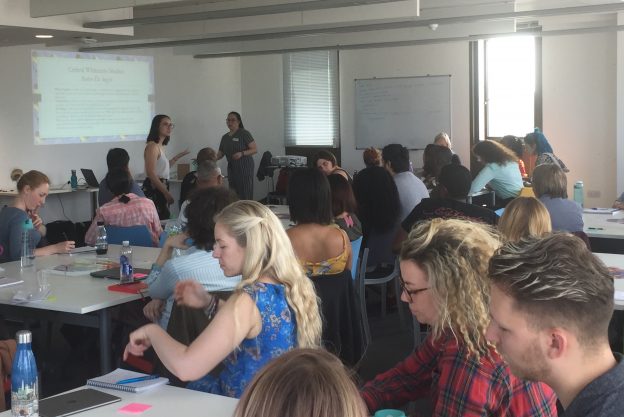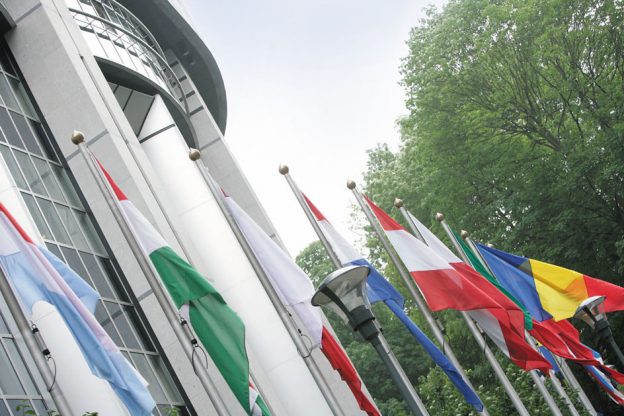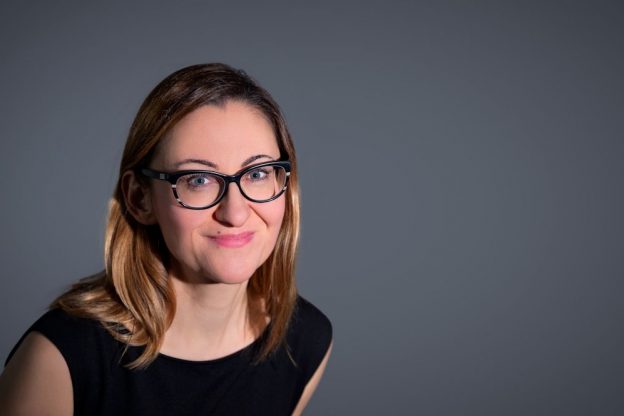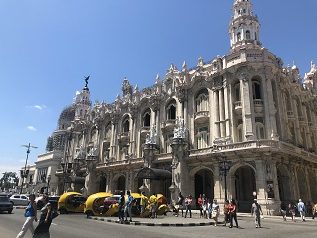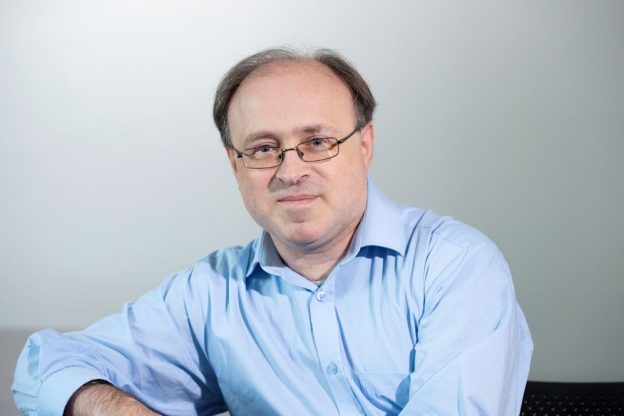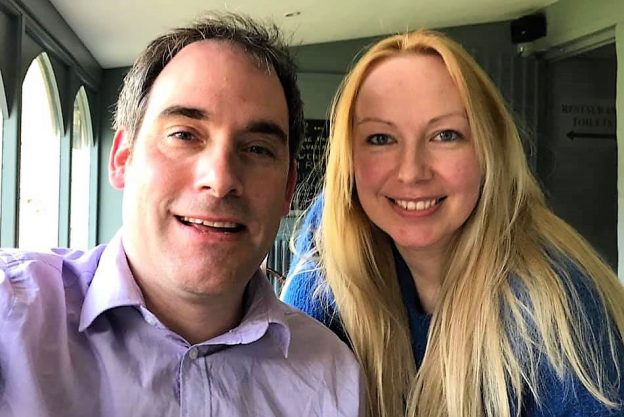Building on significant advances made at the launch of the Kent Law School student project “Decolonising the Curriculum” manifesto which was facilitated by Dr Suhraiya Jivraj, the Graduate School’s Postgraduate Community Experience Awards provided funding for a half-day workshop “Strategising for Anti-Racist Action” on 23 May 2019. It was facilitated by members of Building the Anti-Racist Classroom (BARC) and organised by doctoral researcher in English, Katja May with doctoral researcher in Law, Ahmed Memon. BARC are an international collective of women of colour scholar-activists whose mission is to develop anti-racist pedagogy and practice for higher education. Approximately fifty people were present at the event.
Participants engaged with contemporary concepts and research-led best practice in anti-racist thinking and organising, including reducing white fragility and building resilience for conversations about race, exploring the notion of micro-aggressions, and challenging the student deficit model around attainment gaps in favour of a structural analysis of how white supremacy implicitly and explicitly shapes higher education.
The workshop was centred around an innovative tool, the BARC student journey game commissioned by the Reimagining Attainment for All 2 (RAFA2) project of Roehampton University and Queen Mary University of London, and developed in collaboration with QMUL student researchers of colour. Participants had the opportunity to collectively consider how to develop anti-racist actions, and offered a framework for how to evaluate action plans for change based on who they benefit, and to what extent they support and protect students and staff of colour.
Feedback from the workshop highlighted the need for compulsory anti-racist and cultural competency trainings that account for institutional power structures. Participants were also keen to find out more ways to translate learning from the day into their classroom practice.
As part of a continued course of action within the university, Student Success Project Manager within the school of Sport and Exercise Science Dave Thomas has invited BARC back for another workshop on Medway campus in autumn, to be confirmed.
